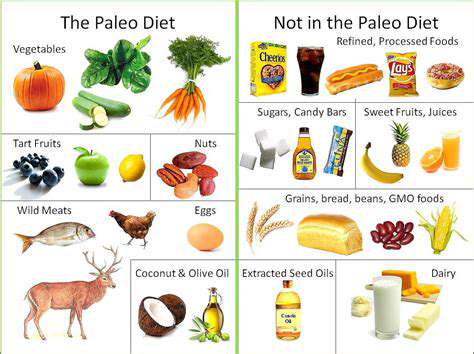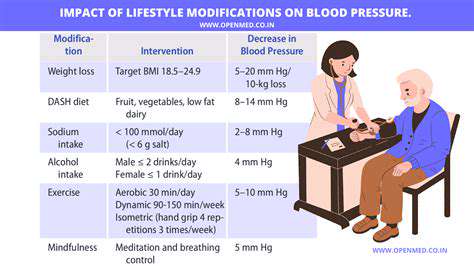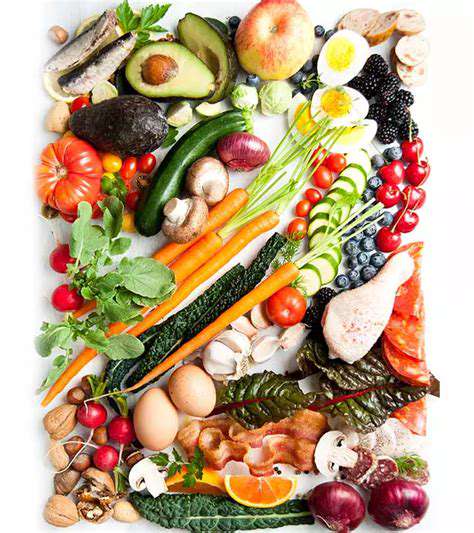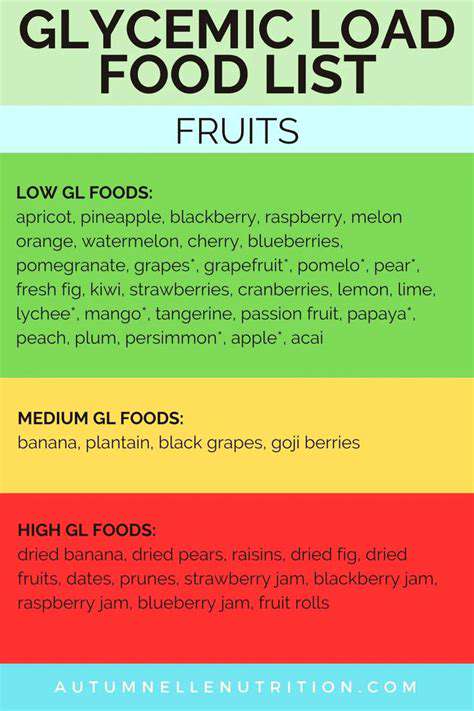Paleo Diet and Gut Health: Healing From Within

Gut Health and Immunity
The connection between gut health and our body's defense mechanisms is profound. Millions of microorganisms in our digestive tract actively collaborate with immune cells, teaching them to differentiate between threats and benign elements. This biological partnership forms the foundation of our resistance to diseases. When this system functions optimally, it creates a protective barrier against infections while preventing unnecessary inflammatory reactions.
Modern lifestyles often disrupt this delicate balance, creating conditions where harmful bacteria can outnumber beneficial ones. Such microbial imbalance doesn't just weaken our defenses - it can trigger chronic inflammation and autoimmune responses. Restoring and maintaining proper gut flora composition should be a priority for anyone concerned about their immune health.
Gut Health and Digestion
Our digestive system does far more than simply process meals - it's a sophisticated nutrient extraction facility. Specialized bacterial colonies produce enzymes that break down complex molecules our own bodies can't digest independently. This microbial assistance allows us to access essential nutrients locked within our food, converting what we eat into usable building blocks for our cells.
When this process falters, even the healthiest diet may fail to provide adequate nutrition. Bloating, irregularity, and malabsorption often signal underlying microbial imbalances. Addressing these issues through dietary adjustments and lifestyle changes can dramatically improve how our bodies utilize the food we consume.
Gut Health and Mental Well-being
Recent scientific discoveries have revealed astonishing connections between digestive health and cognitive function. The gut produces approximately 90% of the body's serotonin - a neurotransmitter critical for mood regulation. This biochemical relationship explains why digestive distress frequently accompanies anxiety and depression, and conversely, why probiotic interventions sometimes produce noticeable mental health benefits.
This emerging field of research suggests that supporting gut health may be as important for psychological well-being as traditional approaches. The microorganisms inhabiting our digestive tract appear to communicate directly with our nervous system, influencing everything from stress responses to decision-making processes.
Gut Health and Overall Wellness
A thriving gut ecosystem radiates benefits throughout the entire body. From skin clarity to energy metabolism, the influence of digestive health touches nearly every physiological system. When gut bacteria flourish, they produce compounds that reduce inflammation, enhance nutrient absorption, and even regulate gene expression.
Cultivating this internal garden requires consistent attention: diverse plant foods, fermented products, stress management, and judicious antibiotic use. These practices don't just support digestion - they create ripple effects that enhance every aspect of physical and mental performance. The path to optimal health may well begin with caring for our microscopic allies in the gut.
Beyond the Basics: Considerations for Gut Health on the Paleo Diet

Optimizing for Efficiency
The Paleo approach emphasizes returning to ancestral eating patterns, but modern implementation requires thoughtful adaptation. Strategic meal planning bridges the gap between ancient principles and contemporary lifestyles. This involves selecting nutrient-dense foods that align with both evolutionary biology and personal digestive capabilities.
Practical adjustments often yield significant benefits. For instance, soaking nuts reduces digestive irritation while preserving nutritional value. Such simple modifications demonstrate how minor changes can dramatically improve gut compatibility without sacrificing dietary principles.
Leveraging Technology
Modern tools offer unprecedented opportunities to personalize ancestral eating patterns. Digital food diaries and microbiome testing provide concrete data to refine dietary choices for optimal gut health. These technological advancements help identify individual responses to specific foods that traditional Paleo guidelines might overlook.
Mobile applications now simplify the process of sourcing high-quality ingredients, connecting consumers with local producers of pasture-raised meats and organic produce. This technological bridge makes ancestral nutrition more accessible than ever before while supporting sustainable agricultural practices.
Addressing Challenges and Adapting
Transitioning to any dietary pattern inevitably presents obstacles. Recognizing that gut healing occurs in phases allows for gradual adjustment rather than abrupt, unsustainable changes. Initial digestive discomfort often signals beneficial microbial shifts rather than incompatibility.
Seasonal flexibility represents another crucial adaptation. Our ancestors naturally adjusted their diets according to availability - a practice modern Paleo followers can emulate. This cyclical approach not only enhances nutritional diversity but also promotes a more varied, resilient gut microbiome.











